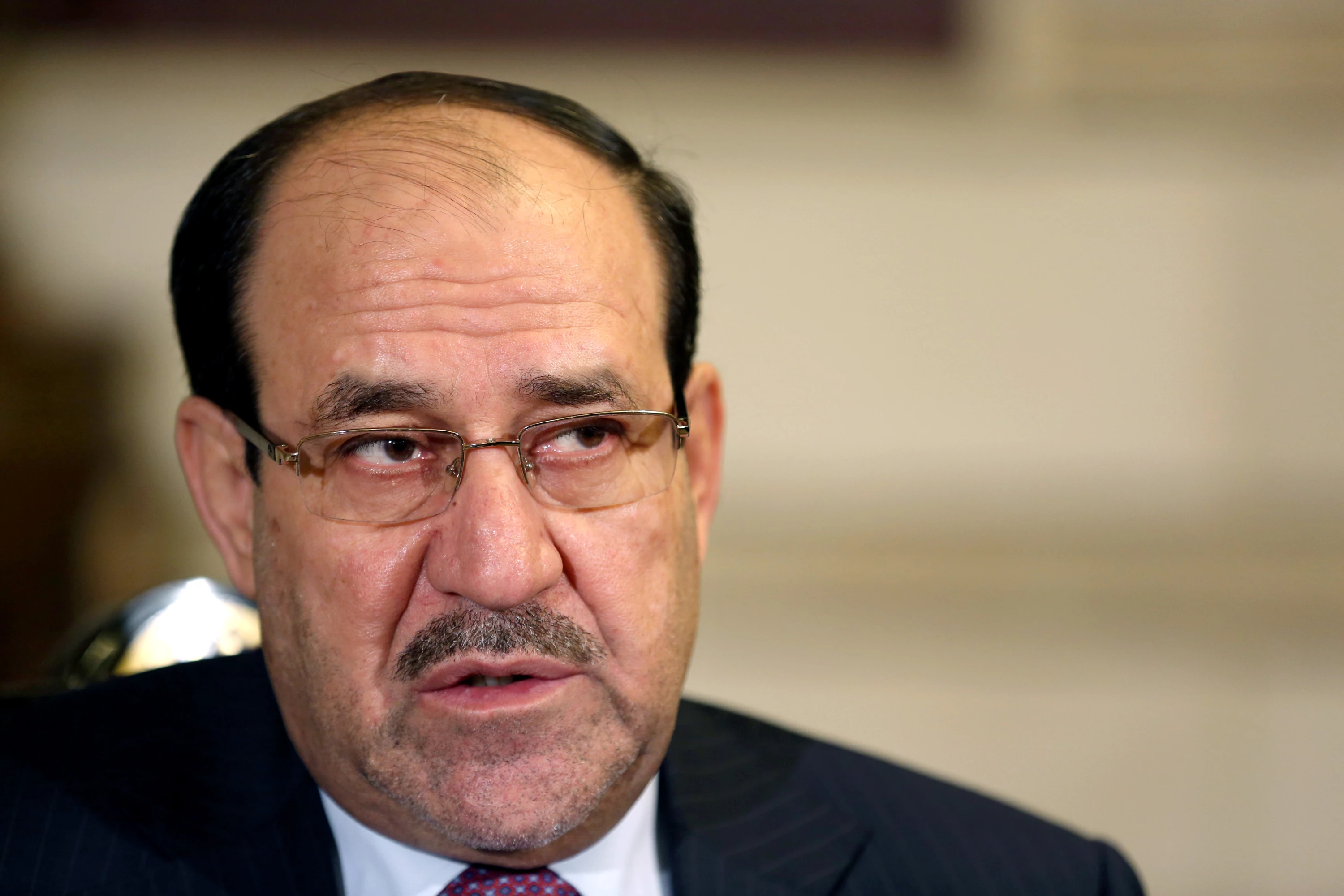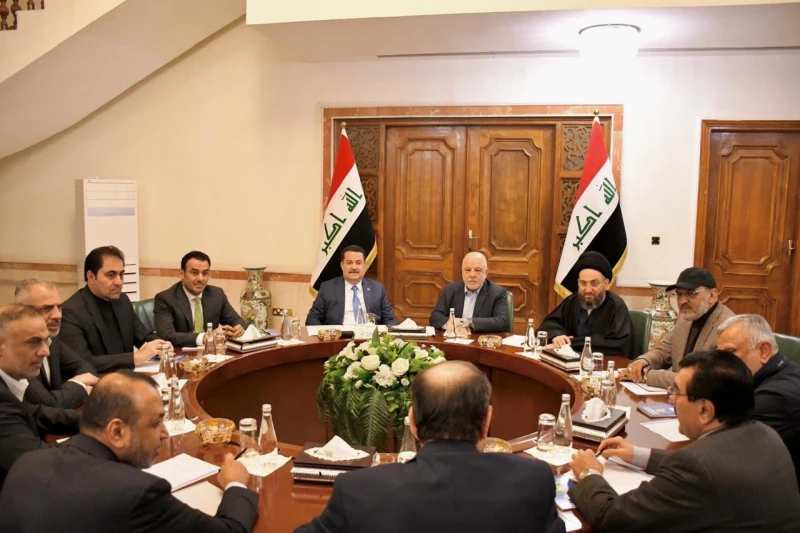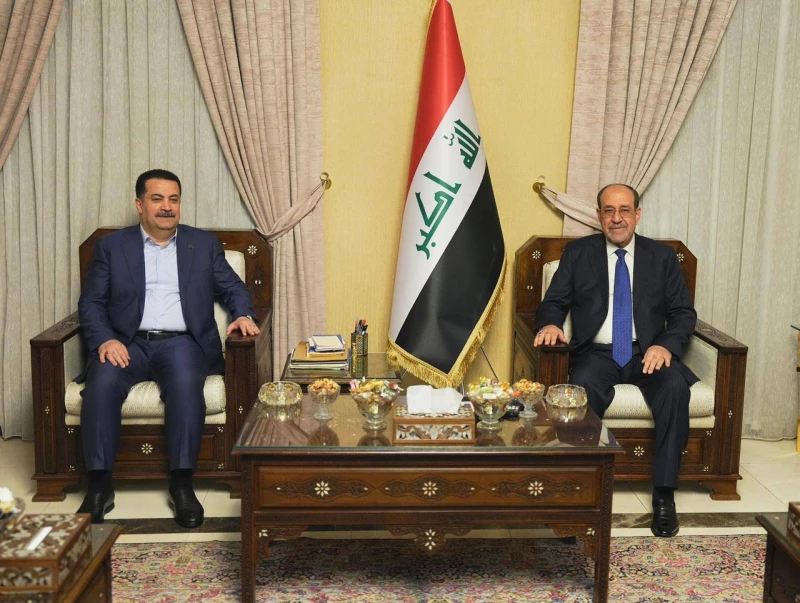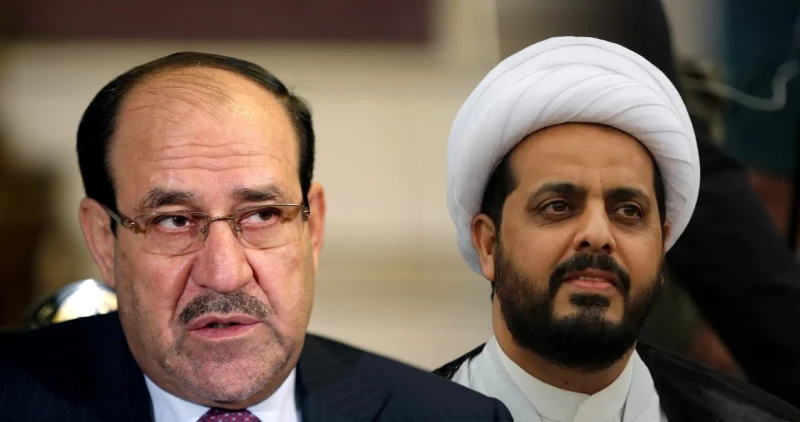ERBIL, Kurdistan Region of Iraq - A senior source in the Islamic Dawa Party on Sunday explained why the party published, deleted, and later reissued a statement announcing the nomination of Secretary-General Nouri al-Maliki for Iraq’s prime minister position.
The source told The New Region that the initial announcement and the quick removal “created confusion and mixed interpretations” among political and media circles.
According to the source, who asked not to be named, the issue resulted from “differences in views inside some leadership circles about the timing and method of the announcement.”
He said the statement was posted before internal discussions were fully completed and without unanimous approval from all party institutions.
“That is why the matter had to be corrected, and the publishing process reorganized in a way that respects the party’s institutional decision-making,” he added.
The source stressed that the Islamic Dawa Party aims for all official positions to reflect full internal consultation and accurately represent the will of its leadership, avoiding any confusion or individual action.
The party’s official Facebook page reposted the Shura Council’s decision on Saturday evening to nominate Maliki for the premiership.
The renewed announcement came after platforms linked to the Dawa Party and the State of Law Coalition deleted the first statement.
A review by The New Region of the party’s and coalition’s platforms, including the official Dawa Party Facebook page and Afaq TV, found that the original nomination announcement had been removed earlier in the day.
Maliki has already served as Iraq’s premier for two terms since 2006. He resigned from the post during his second term in August 2014, following a series of major defeats Iraqi armed forces suffered at the hands of the Islamic State (ISIS) earlier that year. Nonetheless, his eight years in power had already been marred by allegations of corruption way before his resignation.
The leader of the Dawa Party remains a strong force in Iraqi politics, having been a key pillar in the currently-ruling Coordination Framework and presided over multiple episodes of prickly relations between Baghdad and Erbil.



 Facebook
Facebook
 LinkedIn
LinkedIn
 Telegram
Telegram
 X
X


